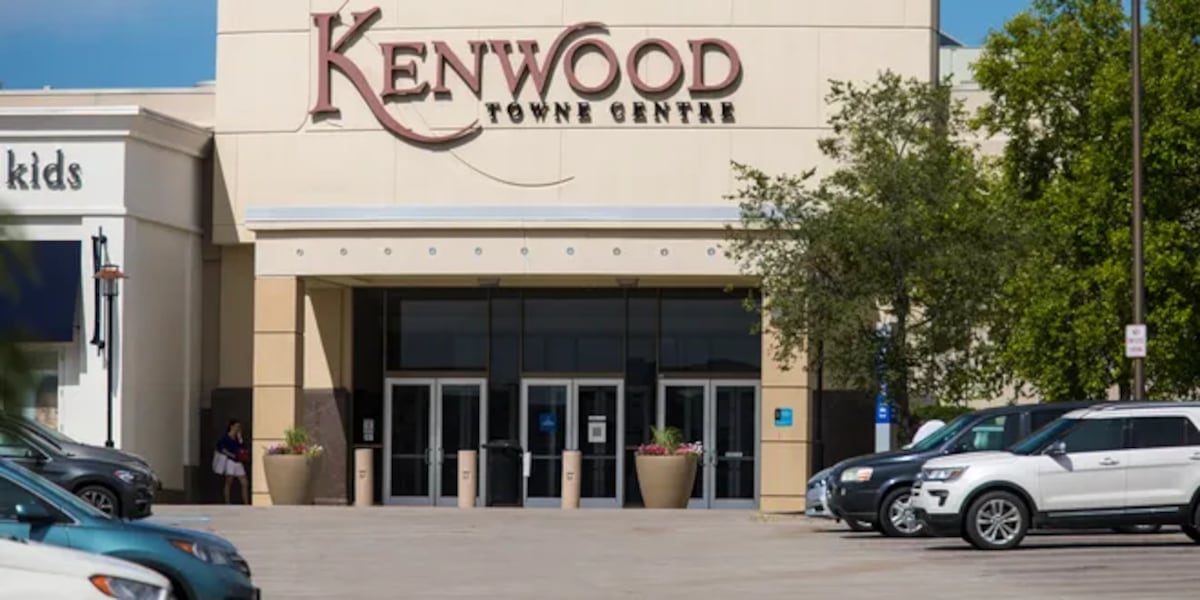For the first time in more than two decades, Kim Zicafoose started a job search. She combed through job openings at community colleges, K-12 school districts and the Department of Juvenile Justice.
Job interviews are more grueling than they used to be, said Zicafoose, who turns 60 next month. She was forced to enter the job market this summer after Virginia Commonwealth University opted not to renew her contract as a professor.
Her job was one of 76 cut by VCU in the fiscal year that ended June 30. Facing a budget deficit, the university cut millions of dollars in costs, meaning some employees have lost their jobs, and some of those who remain feel stretched thin.
People are also reading…
But VCU avoided the worst-case scenario, which would have meant losing 150 positions. The university employs nearly 12,000 workers, not including those employed by VCU Health.
“It was a very difficult year,” Zicafoose said.
Virginia Commonwealth University is facing a budget deficit, leading the university to cut 76 jobs in the fiscal year that ended June 30.
Last summer, VCU faced a $20 million budget shortfall. Although the school received more funding and raised the cost of tuition, the new revenue was not enough to pay off inflationary costs such as higher salaries and the price of utilities.
Karol Kain Gray, the school’s chief financial officer at the time, estimated that as many 150 jobs might have to be cut. Last summer, President Michael Rao said the school year would “probably not be the easiest year for VCU.”
When state legislators finally agreed to a budget, they gave more money to VCU, softening the blow.
Of the 76 jobs cut, most came from not filling open positions, said Michael Porter, a spokesperson for the university. VCU also opted not to renew the contracts of a small number of professors — many of whom work on renewable one-year contracts.
Finding savings
In recent years, VCU saved money by leaving open jobs unfilled, not renewing academic journal subscriptions and limiting travel. The university also saved money by joining a coalition with other colleges to purchase supplies and services at a lower rate. The university said it has saved nearly $90 million in the past decade.

“VCU remains committed to finding efficiencies that help keep costs low for our students while continuing to support our faculty and staff,” Porter said.
The cuts would be made as far as possible from students, Rao said last summer. Ultimately, the cuts still had “a big impact on the institution,” he said later.
Maya Rogers, president of the staff senate, said at a board meeting in May that the reductions hurt employee morale. Staffers were working overtime and doing multiple jobs because of a lack of staffing.
But staff turnover is improving, the university said this week. The percentage of staffers who left their jobs dropped from 16% in fiscal 2023 to 13% in fiscal 2024. Generally, employees are reporting a better sense of belonging and strong appreciation for the impact of their work.
VCU staff generally includes non-teaching positions, such as IT, finance, front-desk employees, researchers and career services.
Focused Inquiry
When Zicafoose found out she was losing her job, she was caught off guard. Just one month earlier, she had been promoted to assistant professor in the Department of Focused Inquiry, which teaches writing and other skills to freshmen and sophomores in small classes. She had worked at VCU for 25 years.
“I, obviously, had been doing a good job,” she said.
Given one year’s notice, she continued working hard, took on extra work and tried to stay positive.
The university’s provost, Fotis Sotiropoulos, said the university wants its professors to have the highest degree attainable, known as a terminal degree. Zicafoose has a master’s degree, not a doctorate.
But she was never told her degree was the reason she was being let go. And given her close interaction with students, it felt like VCU was not making students the top priority, she said. She felt VCU was not being honest about why she was let go.
Of the roughly 65 full-time, contract employees in Focused Inquiry, 14 were told their contracts would not be renewed. Others chose to quit, and a few of the 14 got their jobs back. VCU also hired six postdoctoral fellows — a short-term job for recent graduates — to teach some of the classes at a comparable salary.
Zicafoose hopes to advance in the Virginia Retirement System, so she has applied for jobs offered by the state. She also started a doctoral program at VCU in the school of educational leadership. Although she has sent job applications and sat for interviews, she has not gotten an offer yet.
“I’m not being really picky about where I’m working,” she said.
Kristin Reed, another professor in Focused Inquiry, said there are fewer professors left, and class sizes have grown from 17 students to 24. Each student gets less attention.
The coming year will be different. VCU raised tuition 2.7% — an in-state student now pays almost $31,000 for one year of tuition, fees, room and board. With that added revenue, plus more money from the state, a higher level of charitable gifts and more research funding, VCU’s overall budget grew to almost $1.7 billion this year.
VCU expects to make new investments, including new schools for innovation and life sciences. It is adding a minor for artificial intelligence, and it is investing in the Rice Rivers Center — the outpost in Charles City County that studies rivers and wildlife. The university will also pay off millions more in inflationary expenses and give employees a state-mandated 3% raise.










